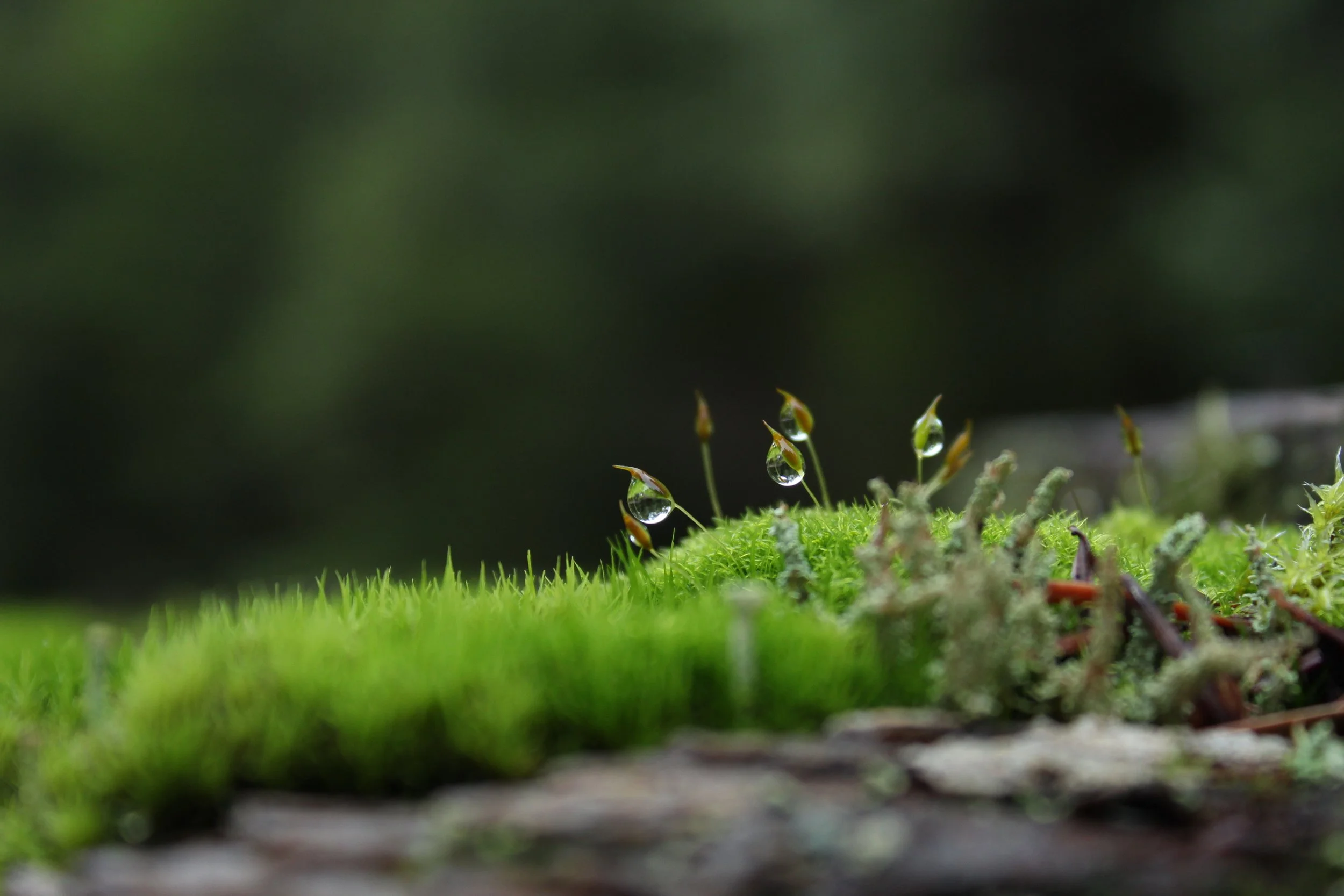grieving the world we are forced to inherit
Photo by Surya Miller
A space of emotional expression for teens and young adults who feel impacted by the climate crisis. This program is designed and led by youth who understand.
Have you felt anxiety or depression when thinking about the future of the planet?
Did you lose a home or beloved place in the recent fires in Oregon?
Are you worried about extinction, rising sea levels, fires, drought, or rising temperatures?
Do you feel worn out as an environmental activist?
Do you feel hopeless because world leaders are not acting?
Have you struggled to plan your future?
Have you decided not to have kids because of the bleak outlook on climate change?
Grieving is the process of letting go of feelings related to loss and change, such as sadness, despair, anxiety, anger, rage, stress, and more. Society often tells us to hide or push down our grief, but this just leads to feeling worse. Letting go of grief in a healthy way frees up energy to take action for a better world, and simply allows more room for happiness.
Today’s youth are subject to and forced to bear an unprecedented burden for the climate crisis. Although it is the world we are inheriting, it isn’t one we’ve created. Yet we bear the weight. This youth grieving space, led by youth with the support of our adult mentors, is a safe place to begin to unburden that weight, feeling lighter and more capable of responding.
When: No grief ceremony is currently scheduled. If you wish to bring this to your community, give us a call.
Participants: Limited to 30 participants ages 15 - 22. People outside the age range will be considered on a case by case basis
This event is made possible by the Oregon Community Foundation’s K-12 Summer Learning Fund.
What is Grief?
We define it quite broadly as the nexus of emotions, pains, woundings, traumas and more from our present, past and even future events. Griefs can be personal, communal or global, existential or philosophical, emotional, physical, or spiritual. They can be short-term, chronic, and even ancestral.
Grief affects us in as many ways as there are humans on the earth. Some common experiences are depression, anxiety, low self-worth, mental illness, emotional distress, spiritual crisis, difficulty sleeping, poor appetite or digestion, heart disease, high blood pressure, cancer, obesity, relationship difficulties, uncontrollable anger, violence, war, early death, even genocide. Unexpressed grief can gnaw away at our insides and shorten our lives.
In the past and even today, traditional cultures around the world have known that people need safe, effective places to let go of their grief. Some Native American tribes would dig a hole, cry and scream their grief into it, then bury it. Catharsis at South African funeral processions is well-known. Jews to this day have a practice of sitting shiva— visiting the bereaved for a week after a death— where expressions of grief are welcomed and expected. The Dagara people of Burkina Faso in West Africa have three-to-four-day long, continuous, village-wide Grief Rituals. Traditional cultures know that the health and happiness of the community is based on the health and happiness of each person. Grief must be expressed for the community's well-being.
Questions?


